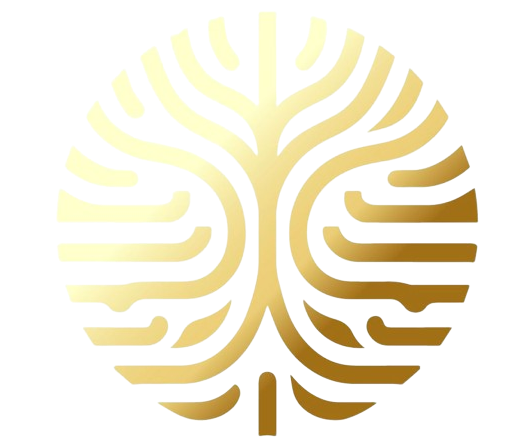Exploring Iboga and Ibogaine: Ancient Healing with a Modern Approach
By Troy Valencia
At Root and Wisdom, we deeply respect Iboga for its roots in traditional healing and its transformative potential in today’s mental health landscape. This sacred plant from Central Africa has long been used in spiritual ceremonies, but in recent decades, ibogaine—an alkaloid derived from Iboga—has gained attention as a treatment for addiction.
Iboga and Ibogaine: Different Applications for Different Needs
Iboga, in its whole form, is traditionally used in ceremonies for spiritual insight and personal growth. It offers a psychospiritual experience, allowing individuals to connect deeply with their inner world and the plant’s ancestral significance. In contrast, ibogaine, which is extracted from Iboga or, more sustainably, from the Voacanga africana plant, is used in clinical settings to help people battling severe substance use disorders. Clinics that provide ibogaine treatment are typically well-equipped medical centers, staffed to handle the physiological challenges of severe addiction recovery.
While Iboga is often used by individuals who are not in active addiction, ibogaine is highly suitable for those needing immediate interruption of addiction patterns. This distinction is crucial in determining who will benefit from each approach: ibogaine’s clinical setting and medical support align with the needs of individuals dealing with intense withdrawal symptoms and dependency, while Iboga serves those seeking a deeper, spiritual engagement.
Neuroplasticity and Addiction Recovery
Ibogaine is known to promote neuroplasticity, allowing the brain to “rewire” itself and create new, healthier pathways (Marton et al., 2019). This ability to reshape brain connections is especially beneficial in addiction recovery, where reestablishing non-addictive behavioral patterns is key. Ibogaine also modulates dopamine and serotonin receptors, crucial neurotransmitters for mood and motivation, making it a powerful tool in managing the compulsions associated with addiction (Maisonneuve et al., 1992).
Sustainability and Ethical Sourcing of Iboga and Ibogaine
Iboga is a precious resource, and in recent years, overharvesting has become a significant issue due to poaching and unsustainable collection practices. Conservation organizations, such as Blessings of the Forest, are actively working to protect Iboga from illegal harvesting and to promote sustainable sourcing. Many ethical ibogaine clinics source the alkaloid from the Voacanga africana plant instead, which shares similar compounds without threatening Iboga’s natural habitat.
At Root and Wisdom, we are committed to the responsible and sustainable use of this plant, ensuring that our practices align with conservation efforts. Through our offerings, we seek not only to support individual transformation but also to honor and protect the legacy of Iboga.
If you’re ready to explore Iboga’s potential to deepen your psychospiritual journey, contact us today to learn more about our offerings.
References
- Maisonneuve, I. M., Keller, R. W., & Glick, S. D. (1992). Acute and prolonged effects of ibogaine on brain dopamine metabolism and morphine-induced locomotor activity in rats. Brain Research, 575(1), 69-73. https://doi.org/10.1016/0006-8993(92)90424-B
- Marton, S., González, B., Rodríguez-Bottero, S., Miquel, E., Martínez-Palma, L., Pazos, M., Prieto, J. P., Rodríguez, P., Sames, D., Seoane, G., Scorza, C., Cassina, P., & Carrera, I. (2019). Ibogaine administration modifies GDNF and BDNF expression in brain regions involved in mesocorticolimbic and nigral dopaminergic circuits. Frontiers in Pharmacology, 10, 193. https://doi.org/10.3389/fphar.2019.00193
- Mash, D. C. (2023). Ibogaine – A legacy within the current renaissance of psychedelic therapy. Pharmacological Research, 190, 106620. https://doi.org/10.1016/j.phrs.2022.106620
